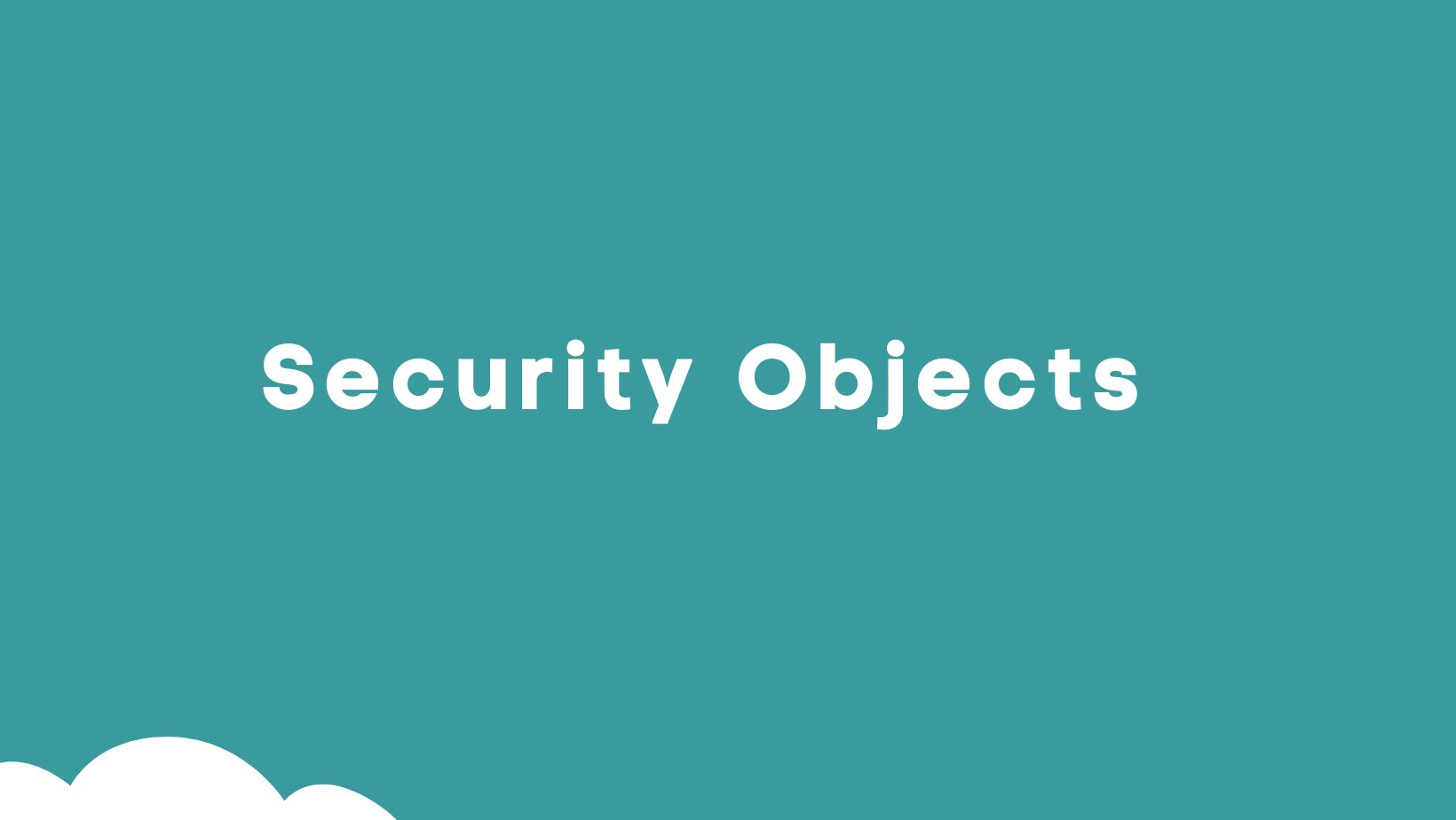Google Colab is a popular platform that allows users to write and execute Python code in a cloud-based environment. This introduction will provide an overview of Google Colab Downgrade Python and discuss the different versions of Python that can be used on this platform. Google Colab provides a convenient way for users to work on Python projects without having to worry about installing and configuring Python on their local machines. Users can access Google Colab through a web browser and start writing Python code immediately.
One of the key features of Google Colab is the ability to choose which version of Python to use for a particular project. Users can select from a range of Python versions, including Python 2 and Python 3. This flexibility allows users to work with different Python libraries and frameworks that may require specific Python versions. In some cases, users may need to downgrade Python to a lower version in order to work with certain libraries or dependencies.
Table of Contents
Google Colab makes it easy to switch between Python versions, ensuring that users can work on their projects without any compatibility issues. Overall, Google Colab provides a powerful and user-friendly environment for Python development, making it a popular choice among developers and data scientists. Whether you are a beginner or an experienced Python programmer, Google Colab offers a convenient platform for writing and executing Python code.
Reasons for Google Colab Downgrade Python
There are several reasons why one may need to downgrade Python in Google Colab. One common reason is compatibility issues with certain libraries or dependencies that require a specific version of Python to function correctly. In some cases, newer versions of Python may not be supported by certain libraries, forcing users to downgrade to a compatible version. Another reason for downgrading Python in Google Colab could be to work on legacy projects that were developed using an older version of Python.
By downgrading Python, users can ensure that their code runs smoothly without any errors or issues related to version incompatibility. Furthermore, downgrading Python in Google Colab can also be beneficial for educational purposes, allowing users to learn and understand the differences between various Python versions.
This hands-on experience with different Python versions can help users become more versatile and adaptable in their programming skills. Overall, the flexibility to downgrade Python in Google Colab provides users with the necessary tools to overcome compatibility challenges and work on projects seamlessly. Whether it is for troubleshooting, legacy projects, or educational purposes, the option to downgrade Python enhances the user experience on the platform.
Guide to Downgrade Python in Google Colab
To downgrade Python in Google Colab, follow these step-by-step instructions. First, open Google Colab in your web browser and create a new notebook or open an existing one where you want to downgrade Python. Next, click on the ‘Runtime’ option in the menu bar, then select ‘Change runtime type’ from the dropdown menu. A dialog box will appear, showing the current Python version. To downgrade Python, click on the dropdown menu next to ‘Runtime type’ and select ‘Python 2’ or ‘Python 3’ depending on the version you wish to downgrade to.
Click ‘Save’ to apply the changes. Once the runtime type is changed, the notebook will restart to reflect the new Python version. You can verify the Python version by running a code cell with the command `!python –version`. This will display the currently active Python version in Google Colab. By following these simple steps, you can easily downgrade Python in Google Colab to work with specific libraries or projects that require a different Python version. This flexibility enhances the user experience and enables seamless development within the platform.
Checking compatibility with Dumpsvilla after Downgrading
After downgrading Python in Google Colab, it is essential to check compatibility with Dumpsvilla to ensure that the required libraries and dependencies function correctly with the new Python version. One way to verify compatibility is by running a test script that utilises Dumpsvilla-specific functionalities or by importing Dumpsvilla modules into your Python code.
By executing code that interacts with Dumpsvilla after the downgrade, you can identify any potential issues or errors that may arise due to the change in Python version. This step is crucial for projects that heavily rely on Dumpsvilla or its associated libraries, as compatibility problems could lead to project setbacks or malfunctions. Regularly testing compatibility with Dumpsvilla post-downgrade is advisable to maintain a smooth workflow and address any compatibility concerns promptly.
By ensuring that Dumpsvilla works seamlessly with the downgraded Python version in Google Colab, users can continue their development tasks efficiently without encountering unexpected obstacles related to version discrepancies.
Troubleshooting common issues during the downgrade process
During the downgrade process of Python in Google Colab, users may encounter common issues that require troubleshooting to ensure a successful transition. One prevalent problem is related to compatibility issues with specific libraries or dependencies, such as Dumpsvilla, that may not be fully supported by the downgraded Python version. To troubleshoot such compatibility issues, users can first check for any error messages or warnings that indicate the source of the problem.
It is advisable to review the documentation of Dumpsvilla or related libraries to understand their compatibility requirements with different Python versions. Another common issue during the downgrade process is the occurrence of syntax errors or deprecated functionalities that are no longer supported in the downgraded Python version.
In such cases, users may need to update their code to align with the syntax and features supported by the new Python version. Regularly testing the code and ensuring that all dependencies are functioning correctly after the downgrade can help in identifying and resolving any potential issues early on.
By troubleshooting common problems effectively, users can streamline the downgrade process and maintain the functionality of their projects within Google Colab.
Benefits of using older Python versions in Google Colab
Using older Python versions in Google Colab can offer several benefits to users, particularly when working on projects that require specific compatibility or legacy support. One advantage is the ability to ensure seamless integration with libraries or dependencies, such as Dumpsvilla, that may have been developed or optimised for older Python versions.
By downgrading Python in Google Colab, users can maintain compatibility with these libraries and prevent any potential issues that could arise from version disparities. Furthermore, utilising older Python versions can be advantageous for educational purposes, allowing users to explore and understand the evolution of Python language features across different releases.
This hands-on experience with varied Python versions can enhance users’ programming skills and adaptability in working with diverse codebases. Moreover, older Python versions may be preferred in scenarios where specific projects or frameworks are best supported by a particular Python release. By downgrading Python in Google Colab, users can ensure that their code runs smoothly within the desired environment, catering to the unique requirements of their development tasks.
Overall, the flexibility to use older Python versions in Google Colab provides users with a versatile platform for diverse project needs.
Comparison of performance between different Python versions
When considering the performance of different Python versions in Google Colab, it is essential to acknowledge the impact that version choice can have on the execution speed and efficiency of code. Downgrading Python versions, particularly when working with libraries like Dumpsvilla, may influence the overall performance of a project.
Newer Python versions often introduce enhancements and optimisations that can improve code execution speed and memory management. However, there are instances where older Python versions may outperform newer releases, especially when dealing with specific tasks or libraries that are better optimised for those versions. The choice between Python versions can also affect the compatibility and stability of a project. While newer versions may offer more features and support, they could introduce breaking changes that require code adjustments.
On the other hand, using older Python versions may limit access to newer functionalities but can ensure compatibility with legacy systems or libraries. Ultimately, the comparison of performance between different Python versions in Google Colab should consider factors such as speed, memory usage, compatibility, and the specific requirements of the project at hand.
By evaluating these aspects, users can make informed decisions regarding the most suitable Python version for their development needs.
Conclusion and final thoughts on downgrading Python in Google Colab
In conclusion, the process of downgrading Python in Google Colab can be a valuable tool for users seeking to address compatibility issues, work on legacy projects, or explore the nuances of different Python versions. By downgrading Python versions in Google Colab, users can ensure seamless integration with specific libraries or dependencies like Dumpsvilla, enabling a smoother development experience.
The flexibility to choose between Python versions offers users the opportunity to adapt their environment to suit the requirements of their projects, whether for educational purposes or to maintain compatibility with existing codebases.
Additionally, the ability to compare performance between different Python versions can aid users in optimising their code for efficiency and speed within the Google Colab platform. Overall, the decision to downgrade Python in Google Colab should be guided by the specific needs and objectives of each project.
By understanding the benefits, challenges, and performance implications of using older Python versions, users can make informed choices that enhance their development workflow and support their coding endeavours effectively.







5 Comments
Appreciate the free exam materials. Really helps!
This site has everything I need to study effectively.
Amazing resource for students. Keep up the good work!
DumpsVilla is a lifesaver for exam prep!
Thanks for providing free exam topics! This is so helpful.